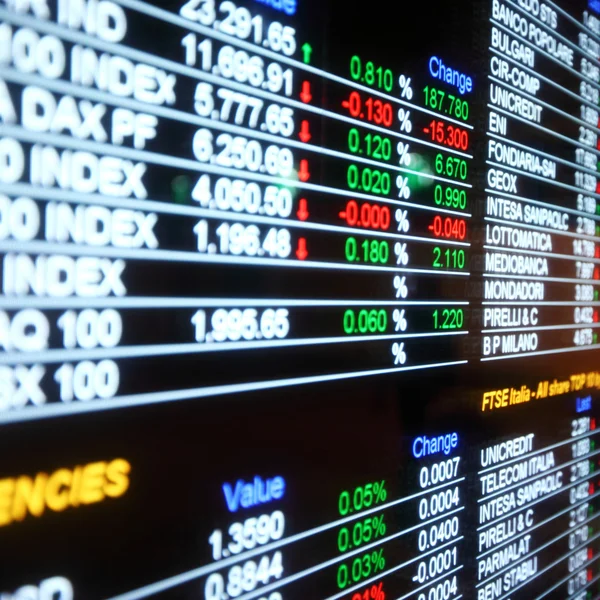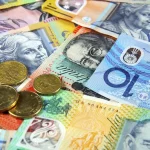Asian stocks hesitant, while US and European stocks move higher. Shares struggled amid expectations of normalizing the financial stress in the global banking system.
Asian stock markets weighed by banking woes
After shares in Deutsche Bank (ETR: DB KGn) dropped by 8.5% on Friday. The expense of insuring the bank’s bonds against failure rose sharply, as did the expense of several other banks’ credit default swaps (CDS).
At the moment, credit default swaps for European banks are only marginally lower than they were in 2013, at the peak of the European financial turmoil.
Asian stocks and other markets may continue to decline for several days if these CDS do not stabilize.
Depositors in the US have been moving away from smaller banks and into their bigger rivals or money market funds. Over the last month, money market fund inflows increased by more than $300 billion, reaching a new high of $5.1 trillion.
South Korea dropped 0.3% while Japan’s Nikkei rose 0.4%. The largest MSCI indicator of Asian stocks outside of Japan also declined 0.3%, with a 0.9% decline. Chinese blue-chip stocks are the main driver.
After canceling a scheduled live-streamed product launch for its ChatGPT-like Ernie chatbot. Which was intended to be attended by the media and the public, Chinese search engine behemoth Baidu’s (NASDAQ: BIDU) shares dropped more than 3%.
The expenses of insuring Deutsche Bank’s (ETR: DBKGn) bonds against default risk increased significantly. Along with the CDS of many other banks, on Friday after its shares dropped by 8.5%. This continued the nervous vibe.
Rates Predictions are Factored by the Market
Neel Kashkari, president of the Minneapolis Fed, stated on Sunday that officials were monitoring “extremely carefully”. To determine if the banking stress resulted in a credit crunch. That might have put the economy at risk of going into contraction.
He continued by saying that the Fed was approaching a rate peak. According to the analysts, rates have been topped by 80%. Which also predicts that the first-rate reduction will occur as soon as July. On Monday, Fed Governor Philip Jefferson will talk; on Tuesday, Fed Vice Chair for Supervision Michael Barr will testify before the Senate on Bank Regulation.
Treasuries yield dropped, the US dollar was weaker, Gold steady, and Crude mixed
While the entire yields curve out to 30 years is below the 4.85% effective funds rate. The yield on 2-year Treasuries has dropped an astounding 102 basis points this month to settle at 3.77 percent. The dollar has occasionally been hurt by this decline, at least when compared to the safe-haven Japanese yen. It currently trades at 130.60 yen after hitting a 7-week bottom of 129.65 the previous week.
Due to concerns about Deutsche, the euro experienced a turnaround of its own on Friday. It was last trading at $1.0770, far below its $1.0930 peak from the previous week.
Gold was trading at $1,975 an ounce after hitting a top above $2,009 this past week. It has benefited from the decline in yields as well as the flight from risk.
Concerns about the state of the world economy have a negative impact on all assets, including oil prices. Which saw little change and are now down nearly ten percent for the month. U.S. oil gained 2 cents to $69.28 per barrel, while Brent dropped 1 cent to $74.98.









